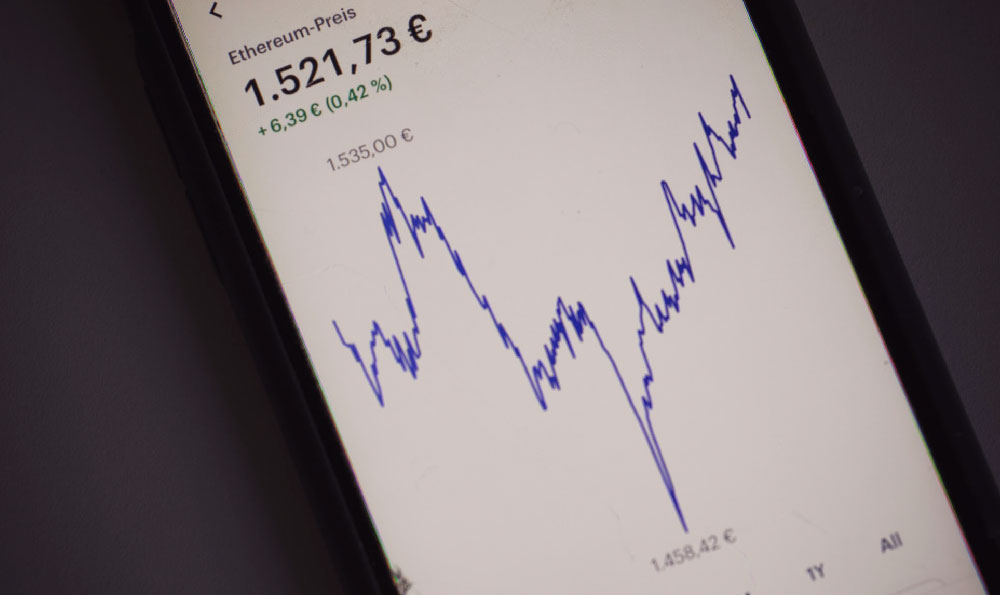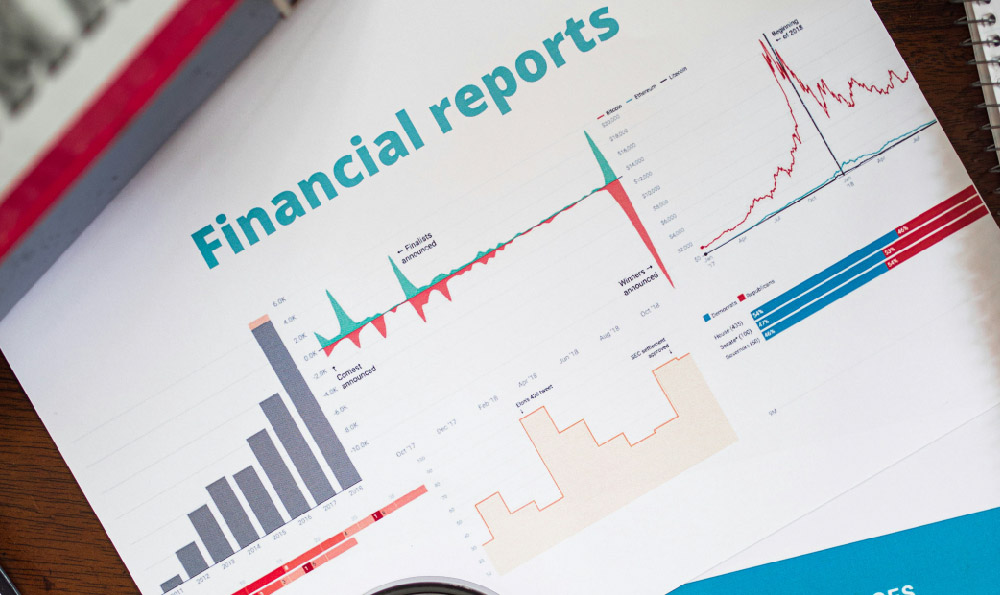Okay, I'm ready. Here's an article tackling the question "Can You Make Money on X? Or Is It Just Hype?", aiming for depth, clarity, and avoiding overly structured formatting, all written in English.
Is "X" truly a golden opportunity, or are we simply swept up in a wave of excitement that will inevitably crash? The answer, as with most investment decisions, lies in a thorough understanding of the underlying principles, a realistic assessment of risk, and a healthy dose of skepticism. Diving headfirst into any new trend without proper due diligence is a recipe for potential financial disappointment.
The allure of quick riches is a powerful force, and hype often preys on this desire. "X" might be presented as a revolutionary concept, a guaranteed path to financial freedom, or a limited-time opportunity you simply cannot afford to miss. These are classic red flags, designed to bypass your critical thinking and trigger impulsive action. Before even considering investing in "X," ask yourself: what problem does it solve? Is there genuine demand for it, or is it artificially inflated by marketing and social media buzz? What are the underlying fundamentals that drive its value? If you cannot articulate clear and convincing answers to these questions, proceed with extreme caution.

One of the most important aspects is to understand the mechanism of the investment itself. What exactly are you buying? Are you acquiring equity in a company, a token representing a claim on an asset, or simply participating in a speculative market driven by sentiment? Each of these scenarios carries different risks and rewards. For example, if "X" involves a cryptocurrency or a new technology, it's crucial to understand the technology itself. What are its advantages and disadvantages compared to existing solutions? Is it secure? Is it scalable? A lack of technical understanding can leave you vulnerable to scams and manipulation.
Beyond understanding the investment vehicle, it's also vital to analyze the market dynamics. Is the market for "X" mature and stable, or is it volatile and unpredictable? A highly volatile market can offer the potential for significant gains, but it also exposes you to the risk of equally significant losses. Consider the level of competition in the market. Are there established players with a strong track record, or is it dominated by newcomers with unproven business models? A highly competitive market can erode profit margins and make it difficult for any single player to thrive.
Moreover, consider the regulatory landscape. Is "X" subject to specific regulations, or is it operating in a grey area? Regulatory uncertainty can create significant risks for investors. A sudden change in regulations can render "X" illegal or significantly impact its value. Staying informed about the evolving regulatory environment is crucial for protecting your investment.
Furthermore, scrutinize the people behind "X." Who are the founders and key members of the management team? What is their experience and track record? Are they transparent and communicative, or are they evasive and secretive? A lack of transparency can be a major warning sign. Look for independent verification of their claims and accomplishments. Don't rely solely on information provided by the company itself. Conduct your own research and seek out unbiased sources of information.
It’s also important to examine the historical performance, if available. Has "X" consistently delivered on its promises? Has it weathered economic downturns successfully? Past performance is not necessarily indicative of future results, but it can provide valuable insights into the resilience and sustainability of the investment. Be wary of investments that have only experienced rapid growth during a bull market. A true test of an investment's value is its ability to withstand adversity.
Think about the narrative surrounding "X." Is it being promoted as a get-rich-quick scheme, or is it presented as a long-term investment opportunity? Hype often relies on emotional appeals and exaggerated claims. A sustainable investment strategy should be based on logic, analysis, and a realistic assessment of risk and reward. If something sounds too good to be true, it probably is.
Before investing any money, determine your risk tolerance. How much are you willing to lose? Never invest more than you can afford to lose without impacting your financial well-being. Diversify your portfolio to reduce your overall risk. Don't put all your eggs in one basket, even if that basket seems incredibly promising.
Finally, and perhaps most importantly, be patient. Building wealth takes time and discipline. Avoid chasing short-term gains and focus on long-term value creation. Resist the urge to panic sell during market downturns. Stay informed, stay rational, and stay focused on your long-term financial goals.
In conclusion, determining whether "X" is a legitimate investment opportunity or just hype requires a multi-faceted approach. It demands critical thinking, thorough research, and a healthy dose of skepticism. By understanding the underlying principles, assessing the risks, and remaining disciplined in your investment strategy, you can increase your chances of making informed decisions and achieving your financial goals. Don't let the hype cloud your judgment; instead, focus on the fundamentals and make sure "X" aligns with your overall investment strategy and risk tolerance. If you can confidently answer these questions and are comfortable with the associated risks, then "X" might be a worthwhile investment. However, if any red flags are raised during your investigation, it's best to err on the side of caution and look for other opportunities that offer a more balanced risk-reward profile. Remember, the key to successful investing is not chasing the latest trend, but rather building a diversified portfolio based on sound principles and a long-term perspective.












